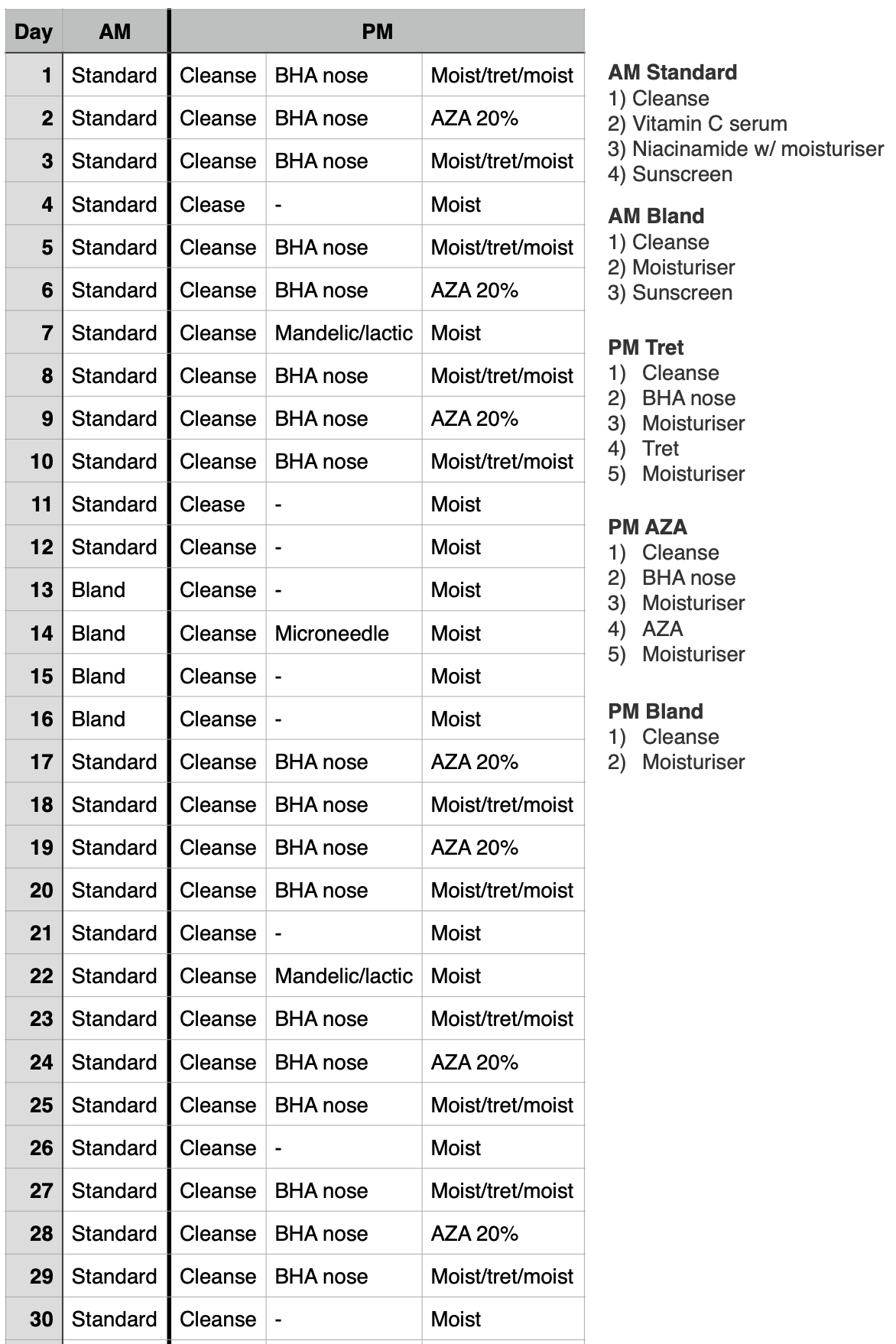I searched the site for a topic like this, and haven’t found it, so I thought I’d start a thread, hopefully it’ll be useful and interesting (if already exists, please lock this!).
There are no categories excluded: food prep, exercise, medication storage, anything - as long as it’s related to enhancing health or making the process of enhancing your health more efficient.
So, I’ll share a quick one to get the ball rolling:
Non-dominant hand training. I am right handed, but I saw a lot of research claiming benefits for training your non-dominant hand/limb for enhancing neural plasticity etc.
The neural correlates of intermanual transfer
https://www.sciencedirect.com/science/article/pii/S1053811921009307?via%3Dihub
So my idea was to simply tranfer as many daily tasks from my right hand to my non-dominant left hand. Years ago, I adopted a pretty complex teeth brushing routine, one element of which was using my left hand to brush in the morning. But for the last couple of years I’ve gradually expanded this to as many daily living tasks as possible, gradually adding more and getting better at execution - obviously be careful with more dangerous tasks, where you need fine control! Anyhow, I’m talking simple stuff, like mixing stuff with a spoon, or buttoning a shirt, and so on. It’s amazing - there is a vast number of things you do without thinking about it, and just automatically using your dominant hand - reaching out and flipping a light switch - and how “foreign” and odd it is to try to entrain your non-dominant hand at that task! Subjectively, I feel as if my brain is more “alive” after all this entraining, but of course I have no “proof”. I just feel that if exercise is good for training the CNS-nerve signal pathway-muscle, there’s got to be benefits from using a non-dominant hand to work out new pathways and stimulate brain connections. Who knows, it might even be useful in preserving brain health in the context of dementia, if learning to play an instrument late in life (Dr. Fraser) has such benefits, why not this. YMMV.
Set aside a “foreign language day” every week. On that day, try to incorporate a foreign language as much as possible - so, with my wife, I will speak exclusively (she’s been learning Spanish for the past couple of years, and I learned Spanish back in my 20’s along with French, and it’s pretty rusty), in a foreign language that day, watch yt videos in the language, listen to podcasts, watch films without subtitles, read instruction manuals in the language and so on. It really makes your brain work, because it’s language used in daily life, not in a “lesson” setting.
I don’t want to make this introductory post too long, but more can come later, if there is interest in this thread!
